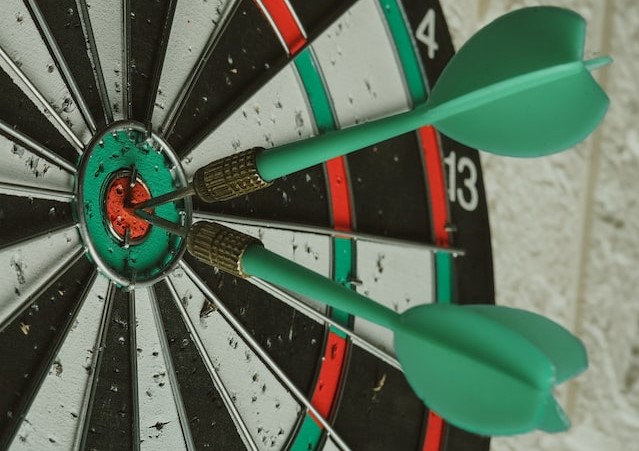You worked on personal development and leadership skills. Now you just want to know what will make your teams consistently reach goals. Every situation is different, but there are basic steps we’ll cover here that will earn more consistent goal achievement.

Set Concise, Realistic Goals
When a leader sets a goal, it is essential that the goal is actually attainable. While pushing your team can help them grow, always setting goals that are out of reach destroys morale. If you want your team to consistently reach goals, first think about what your team will need to achieve it. If your team has or can obtain what is needed to reach the goal, it is realistic. Next, clearly and concisely communicate the goal to your team. Put in writing the goal and how you expect them to reach it. You need their acceptance of the goal so they actively participate in achieving the goal.
Provide The Right Tools to Consistently Reach Goals
Great. Your team knows what you expect them to achieve and how you expect it to happen. That must include the right tools for the job. My old shop teacher once told me, “don’t be a ‘Primitive Pete’. Use the right tools for the job.” I still think of that for every type of job I start. “Tools” are not just screwdrivers. Tools, also referred to as the means, are the things, funds, skills, or people to do the job and achieve the goal. If you want your team to consistently reach goals, make sure they have the resources to achieve the target.
Trust Your Team’s Abilities to Reach Goals
Your team is your resource, but if you don’t believe in their ability to accomplish a goal, they will live up to your belief. Give them room to creatively problem solve. Ask for their thoughts, and listen carefully to their answers. Avoid negativity even when they take a different route than you would. Unless you plan to do everything yourself, you need to stay open minded. Walk them through their process beginning to end so they can sort out flaws themselves. Then give them space to carry it out, only stepping in if absolutely necessary to achieve the goal by the deadline.
Map Out Goal Waypoints that Measure Progress
Creating goal waypoints doesn’t just add encouragement for your team’s efforts. Waypoints allow you to measure your team progress toward the larger goal. Those checkpoints give you an idea of the progress and the timeline your team is on. When you set up the assignment, clearly defined checkpoints based on your team’s plan help you measure the team’s success.
Hold Team Members Accountable
If your team doesn’t reach a checkpoint within the planned schedule, it’s time to review the process and make corrections. Just like you, team members need to know when they are off course. Hold them accountable for missed waypoint targets. Have them help you figure out how to get back on track.
Reward Their Achievement of the Goal
Your achievements depend on your team’s success. If you want to encourage your team to consistently reach goals, reward them when they do. Incentivize success with promotion or acknowledgement, depending on the goal and the situation. On the other hand, you may see during the process someone is not a good fit for the role. In that situation, it is time to move or release them so you can replace with someone better for the role. With your honesty and consistency, you will be amazed at the success and growth you can ignite in your team.
